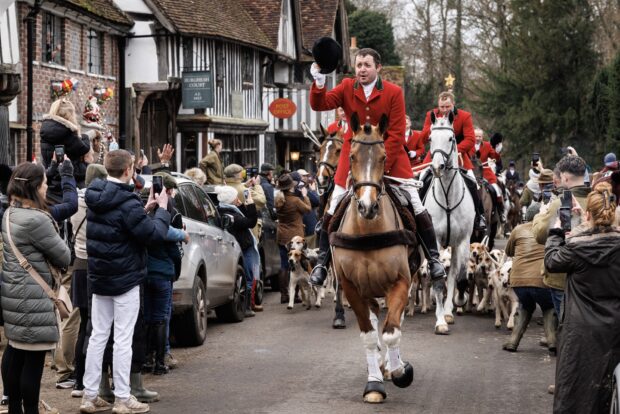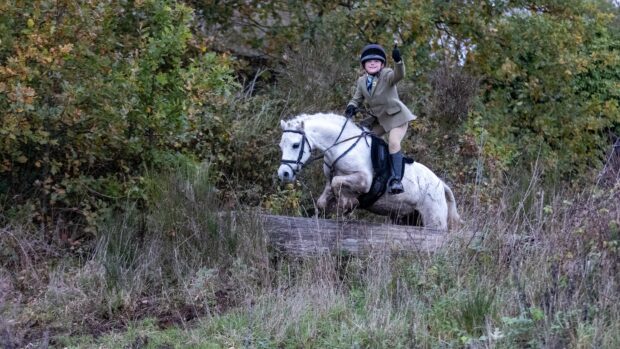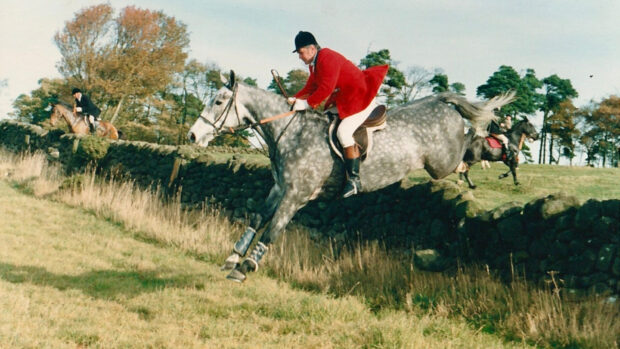An Appeal by Scottish hunters against the Protection of Wild Mammals (Scotland) Act 2002 has been dismissed by judges at the Court of Session in Edinburgh.
The Appeal judges in the Inner Court of Session dismissed the reclaiming motion by Trevor Adams and others, ruling that the petitioners’ request for judicial review of the Act was unfounded, and that there was sufficient information before the Parliament to allow Ministers of the Scottish Parliament (MSPs) to make a judgement.
The judges accepted that the Act did infringe on a person’s right to the “peaceful enjoyment of his possessions” but that it is not for the courts to substitute their interpretation of the facts for that of MSPs. The judges did not state that hunting was cruel but that it is the role of elected representatives to legislate in this area and as such the interference with human rights could be justified.
The judgement stated: “our own conclusion is that there was adequate factual information to entitle the Parliament to conclude that foxhunting inflicted pain upon the fox and that there was an adequate and proper basis on which it could make the judgment that the infliction of such pain in such circumstances constituted cruelty.”
Such a judgement clearly has important ramifications concerning the use of the word cruelty in relation to the culling of animals in any circumstances, although the Lord Justice Clerk Gill, Lord Macfadyen and Lord Abernethy, who were hearing the case, stressed that the issue is no longer whether foxhunting is cruel but whether the Scottish Parliament had sufficient evidence before it to entitle it to pass the Act.
The petitioners had argued that the Act is discriminatory and infringed their rights as set out in the European Convention on Human Rights. They argued that local economies had been damaged and that the ban was “disproportionate to the mischief” it sought to outlaw, as all methods of culling inflict pain to varying degrees but that the key issue was whether traditional hunting caused greater suffering than any other method.
The evidence before the Parliament did not support this view. However, the judgement makes it clear that as long as both sides had been given the opportunity to make their case, then MSPs were free to make their own judgements
Although anti-hunting organisations were quick to seize upon this decision to put pressure on the Government in Westminster, pro-hunters and politicians have emphasised that there are major differences between the two pieces of legislation.
While the Act passed in Scotland bans hunting with hounds alone, it allows hunts to continue some activity in the form of limited pest control by invitation of the landowners. The bill in Westminster, which ran out of time in 2003, proposes to outlaw all hunting with dogs. Therefore no parallels can be drawn between the situation in Scotland and that in England and Wales.
“Every legal judgement is specific to a particular case and set of facts ”, explains a Countryside Alliance spokesman. “A banning bill in Westminster would be an entirely different bill to the Scottish Act. As the Joint Committee on Human Rights Report, on the last banning bill, makes clear, there are serious human rights implications for any attempt to ban hunting outright.”



